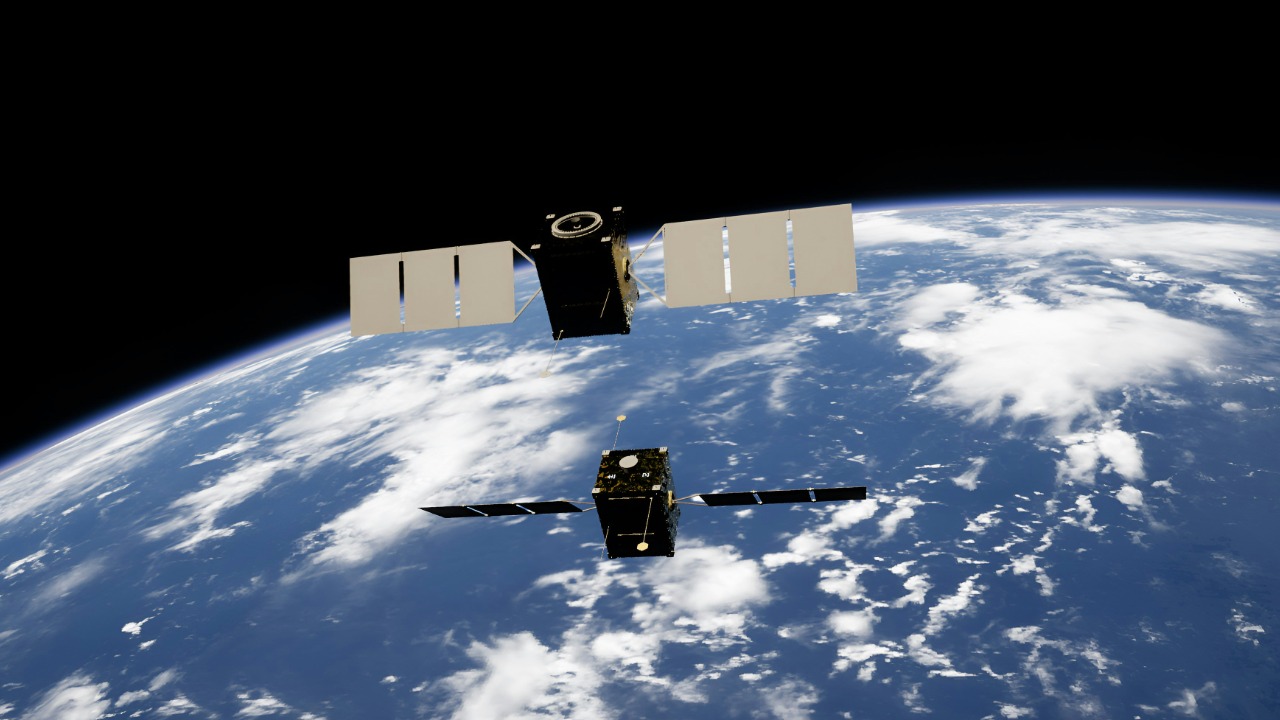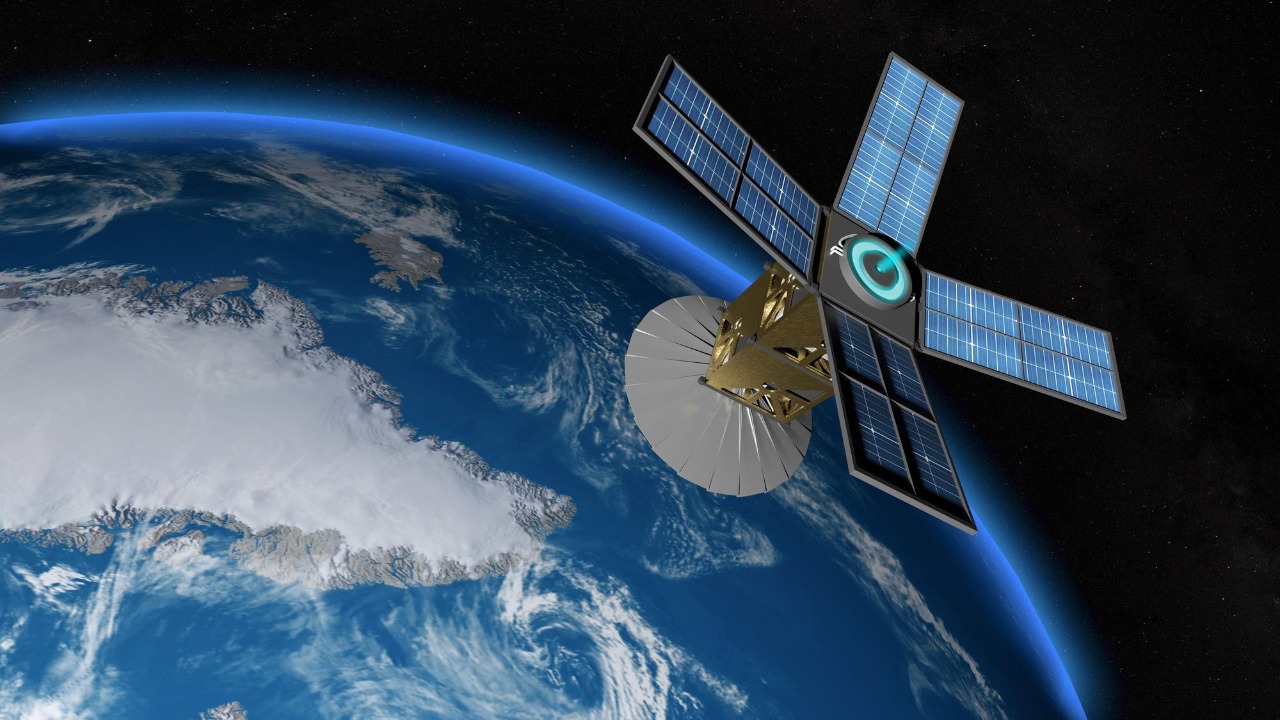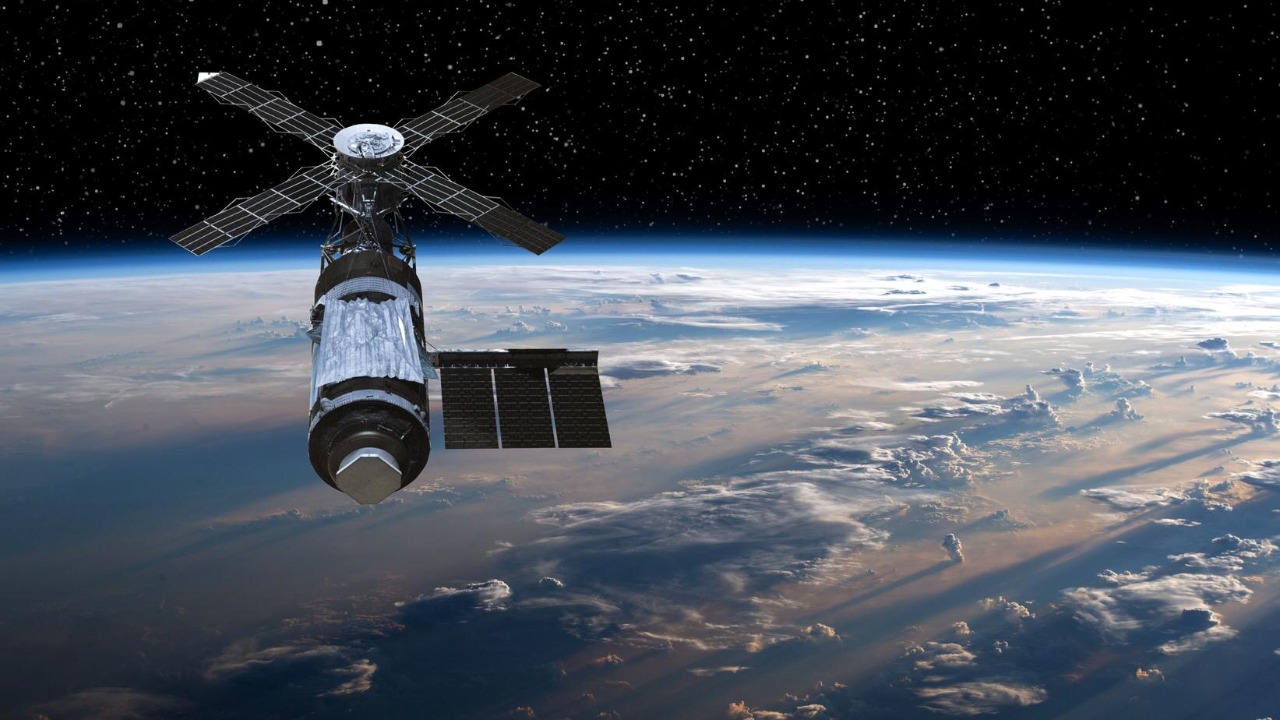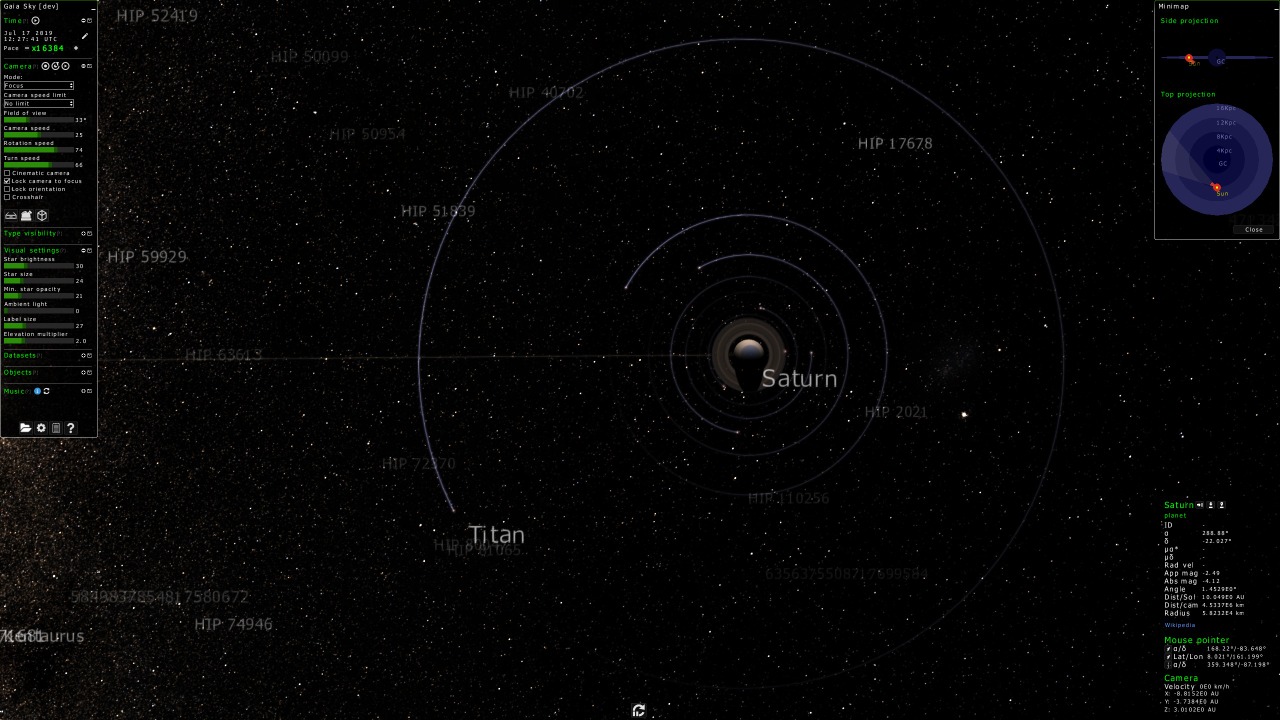
AI’s potential to control U.S. satellites is increasingly becoming a reality, driven by the need for enhanced security, efficiency, and adaptability in space operations. Experts believe that artificial intelligence could revolutionize satellite management by providing sophisticated solutions to complex challenges such as cyber threats and operational inefficiency.
The Role of AI in Modern Satellite Operations

Modern satellite operations are traditionally managed through human-intensive processes that often struggle to keep up with the growing complexity and volume of data generated. Conventional methods involve manual data analysis and decision-making, which can be slow and prone to errors. These limitations become increasingly apparent as the number of satellites in orbit grows, creating challenges in data management and operational efficiency.
AI offers a transformative solution by enabling quick and accurate processing of large data sets. AI algorithms can rapidly analyze satellite data, identifying patterns and anomalies that might be overlooked by human operators. This capability enhances decision-making processes, allowing for more efficient satellite operations and management. By reducing reliance on manual intervention, AI can help streamline satellite tasks, from routine maintenance to complex navigational adjustments.
Security Threats and AI’s Defensive Potential

The threat of cyber attacks on satellites is a growing concern for national security. Recent incidents, such as the alleged hacking of U.S. satellites by foreign entities, highlight vulnerabilities within satellite infrastructure. Cyber attacks can compromise satellite communications, disrupt data transmissions, and even alter satellite trajectories, posing significant risks to national security and space operations.
AI holds the potential to act as a robust cyber defense mechanism against these threats. By leveraging machine learning algorithms, AI can predict and mitigate potential cyber attacks, enhancing encryption and communication security. AI systems can continuously monitor for unusual activity, automatically responding to threats before they cause significant damage. This proactive approach can protect critical satellite infrastructure and maintain operational integrity.
Technological Advancements Driving AI Integration

Recent advancements in AI technology are paving the way for its integration into satellite systems. Developments in machine learning and autonomous decision-making have expanded AI capabilities, enabling it to handle complex tasks with minimal human intervention. These technologies can be embedded in satellite hardware and software, allowing for real-time data processing and decision-making.
Several case studies and pilot programs highlight the successful implementation of AI in satellite operations. For instance, AI has been used to optimize satellite imaging processes and improve data accuracy. By analyzing the outcomes of these programs, stakeholders can identify best practices and lessons learned, guiding future AI integration efforts. These initiatives demonstrate AI’s potential to enhance satellite capabilities and drive technological innovation in space operations.
Challenges and Ethical Considerations

Despite its potential benefits, integrating AI into satellite control systems presents several challenges. Technical obstacles include ensuring AI reliability and robustness, as AI systems must be thoroughly tested to prevent errors. Additionally, integrating AI with existing satellite systems can be complex, requiring significant modifications to current infrastructure.
There are also ethical considerations to address. AI-controlled satellites raise concerns about autonomy and decision-making in military applications. The potential for AI misuse or failure poses significant risks, as unintended actions could have far-reaching consequences. As AI becomes more involved in satellite operations, it’s crucial to establish ethical guidelines and safeguards to prevent misuse and ensure responsible deployment.
Future Prospects and Strategic Importance

The integration of AI in satellite operations offers a strategic advantage for the U.S. in maintaining its competitive edge in space technology. AI-controlled satellites can enhance national defense capabilities, improve resource efficiency, and support future space exploration initiatives. By leveraging AI, the U.S. can strengthen its position in the global space arena, ensuring long-term strategic benefits.
The roadmap for AI adoption in satellite operations involves several key steps. These include fostering collaborations between government, industry, and academia to drive innovation and investment in AI technologies. Additionally, establishing regulatory frameworks and standards is essential to guide AI integration and ensure safety and reliability. By following these steps, stakeholders can effectively harness AI’s potential, paving the way for future advancements in satellite technology.